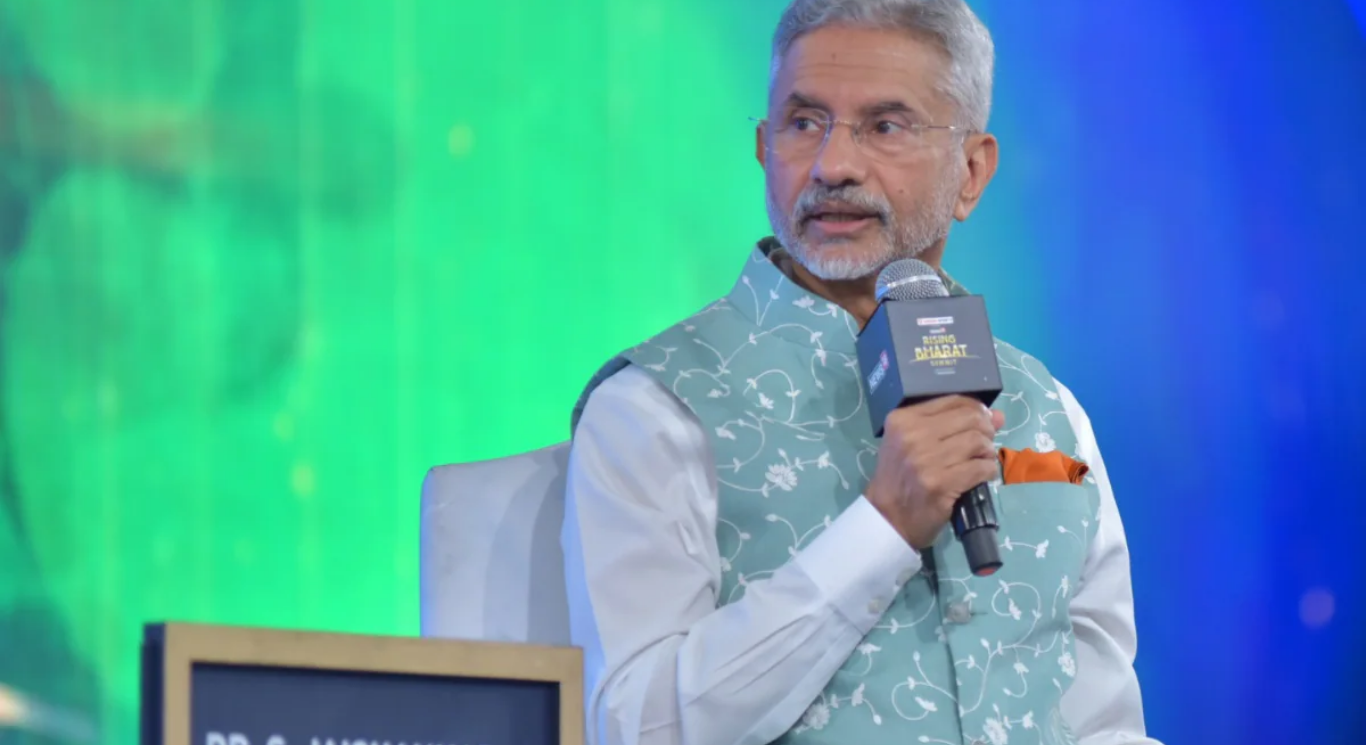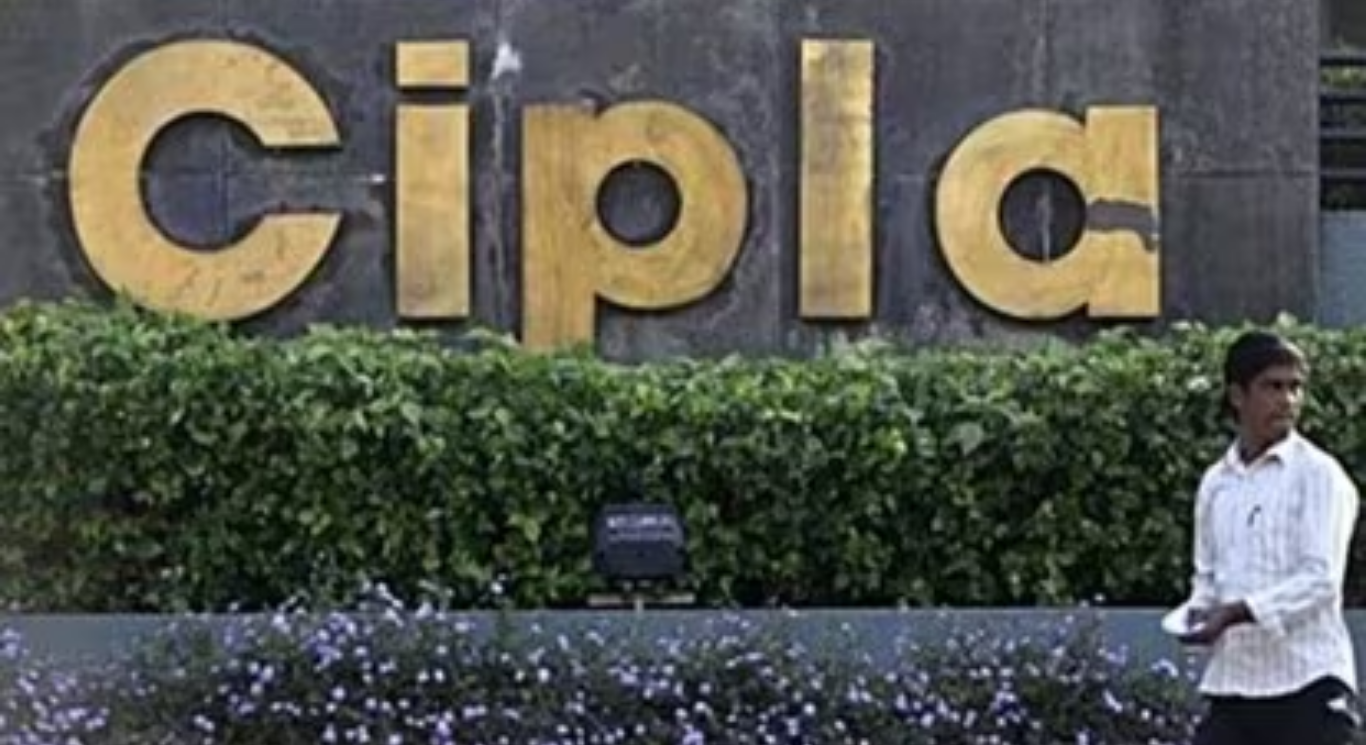



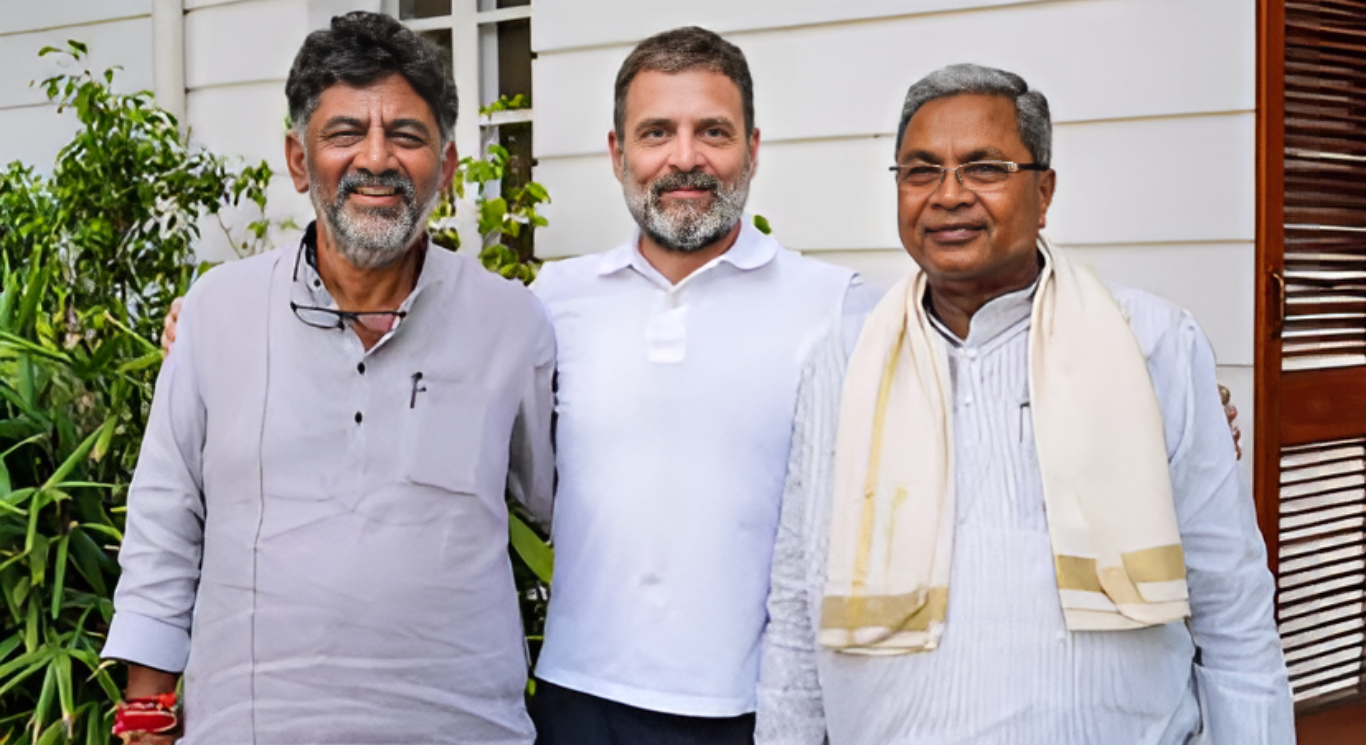




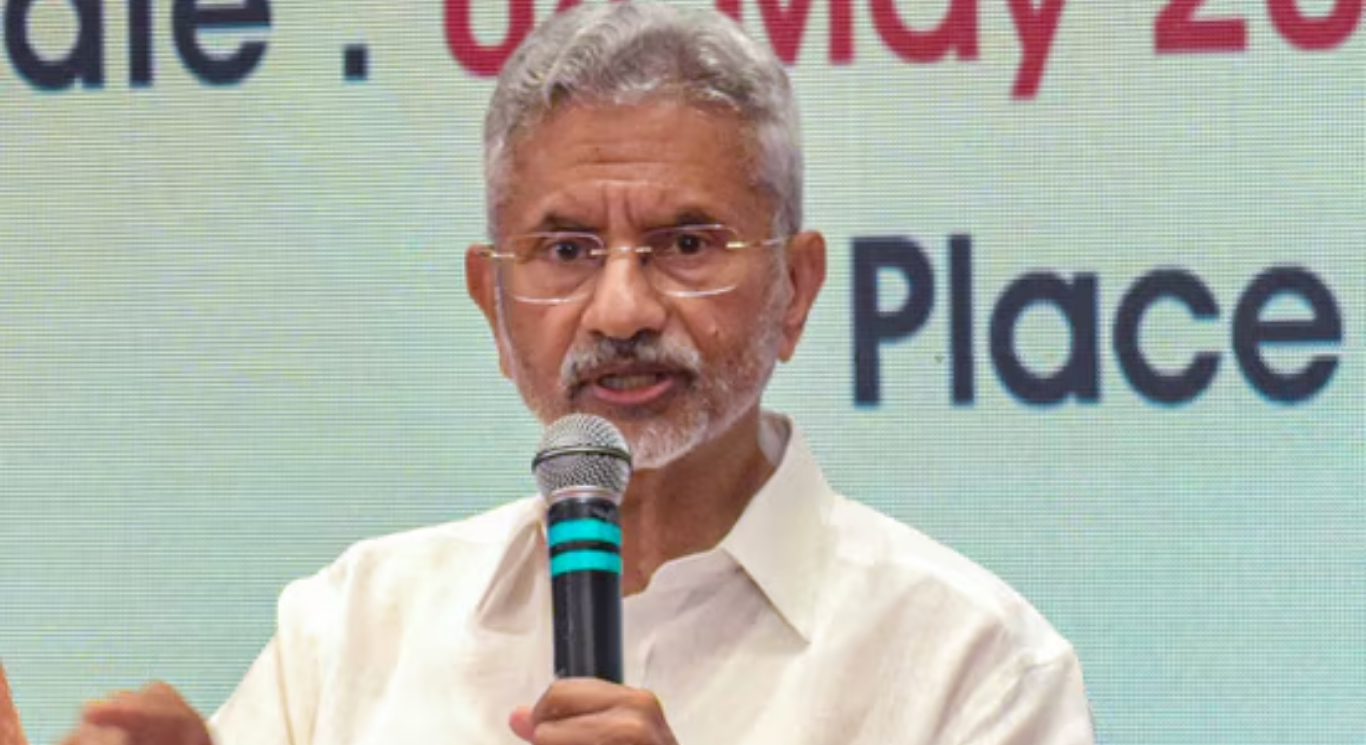
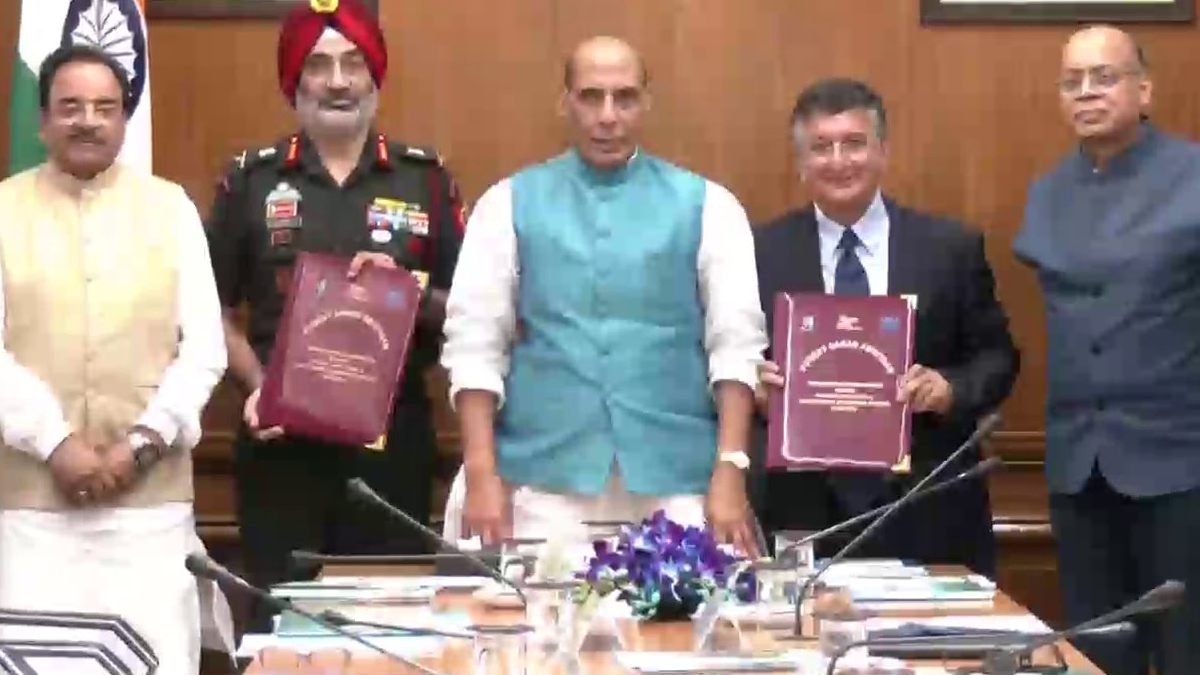
In order to combat plastic pollution and achieve the goal of clean water bodies, the National Cadet Corps (NCC) and United Nations Environment Programme (UNEP) signed a Memorandum of Understanding (MoU) on Thursday in New Delhi in the presence of Defense Minister Rajnath Singh. The initiatives will be known as the Puneet Sagar Abhiyan and the Tide Turners Plastic Challenge programme.
An official announcement states that the MoU was signed by Resident Representative of the UN World Food Programme Bishow Parajuli and DG NCC Lieutenant General Gurbirpal Singh.
Ajay Bhatt, the Union Minister, Ajay Kumar, the Defense Secretary, other top government officials, and UNEP representatives occasionally attended.
“Today, an MoU was signed by NCC and UNEP to develop the Puneet Sagar Abhiyan. In order to remove plastic and other waste materials from waterbodies and to reverse the harmful impacts of plastic pollution on the environment, NCC launched the initiative in December 2021 “The defence secretary said journalists.
In his remarks, Ajay Kumar praised the NCC for their efforts in making the “Puneet Sagar Abhiyan” a huge success and called it one of the most noble endeavours.
He expressed optimism that the 1.5 million NCC cadets will play a crucial role in turning the campaign into a widespread movement by asserting that they have the power to shape the opinions of young people around the world.
In saying that “it is our joint obligation to conserve the environment for future generations to live a long and healthy life,” Ajay Kumar thanked the UNEP for providing its support to the NCC for the campaign.
During the 26th United Nations Climate Change conference, COP26, held in Glasgow, Scotland between October 31 and November 13, 2021, Prime Minister Narendra Modi referred to his vision as “Panchamrit.” The “Puneet Sagar Abhiyan” is one of the numerous initiatives the government has taken to realise this vision.
Five main components were proposed by the prime minister as India’s ground-breaking response to climate change.
The elements are as follows: India will increase its non-fossil energy capacity to 500 GW by 2030; meet 50% of its energy needs from renewable sources by 2030; cut the total projected carbon emissions by one billion tonnes from now until 2030; reduce the carbon intensity of its economy by more than 45% by 2030; and reach the goal of Net Zero by 2070.
The National Cleanliness Campaign (NCC) started the “Puneet Sagar Abhiyan” in December of last year. The campaign’s initial duration was one month, and its goal was to rid the nation’s seashores of plastic and other trash while promoting cleanliness.
It was then expanded to include rivers and other bodies of water as part of a Pan-India year-round programme.
The NCC, the biggest organisation for young people in uniform in the world, organised its cadets to gather plastic and other trash.
Following its launch, the campaign gathered a lot of support, acceptance, and involvement. Numerous departments and organisations, including the Department of Science and Technology, the Indian Navy, the Indian Coast Guard, the Sainik School Society, the Army Welfare Education Society, the Border Roads Organization, and the National Highways Authority of India, have pledged their support for the NCC in this admirable endeavour.
More than 12 lakh NCC cadets, alumni, and volunteers have collected over 100 tonnes of plastic debris from almost 1,900 locations since the start of the “Puneet Sagar Abhiyan,” benefiting 1.5 crore people. More than 60 tonnes of the about 100 tonnes of collected plastic debris have been given to recycling.
Following the campaign’s increasing popularity and success, the UNEP, which was supporting it through its “Tide Turner Challenge Program,” made the decision to collaborate with the NCC in order to take advantage of the latter’s advantages. According to the official statement, the UN body has the authority and expertise to address a range of environmental challenges, including plastic pollution, and it has a youth engagement programme.
The agreement between NCC and UNEP aims to coordinate and combine efforts to encourage young people to support clean waterbodies.
The goal is to promote opportunities for NCC cadets to participate in appropriate national and international platforms related to environment and climate change, engage in and develop joint initiatives of mutual intent related to environment and climate change, and engage in capacity building and awareness initiatives on environmental sustainability.
The MoU, which will be in effect for three years, intends to strengthen, develop, and specify their cooperation and effectiveness to accomplish the shared environmental goals.
Read more: Jaishankar discusses Cyprus with Turkish counterpart, day after Kashmir raked up at UNGA

